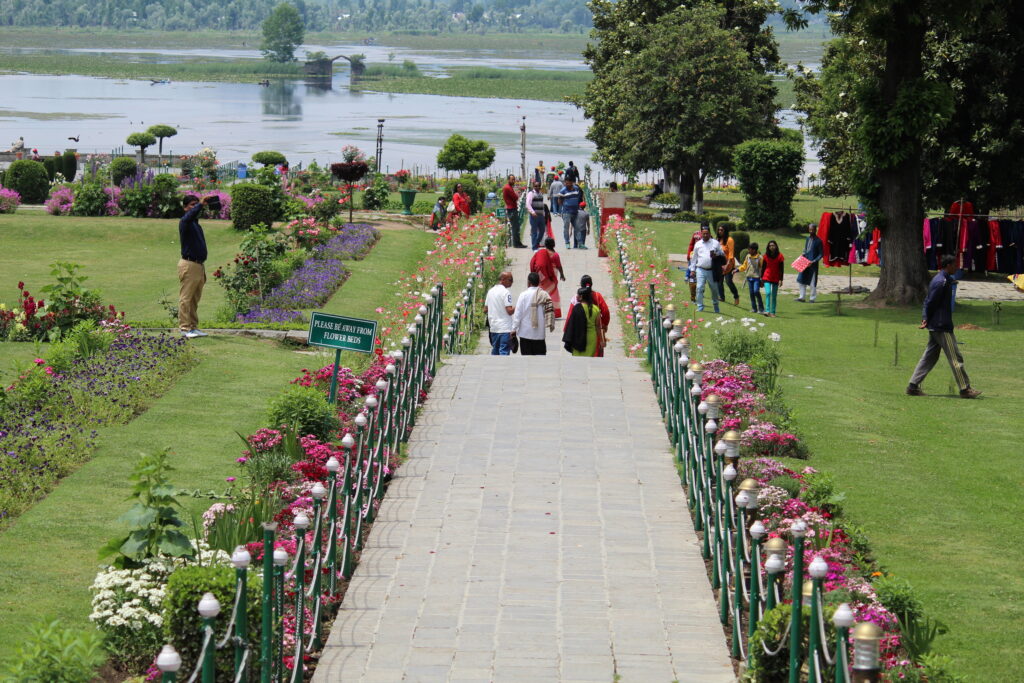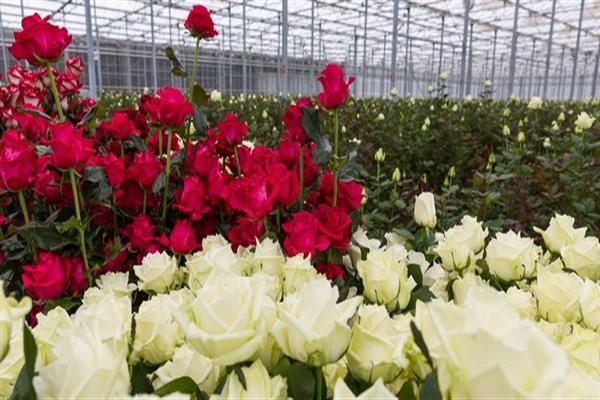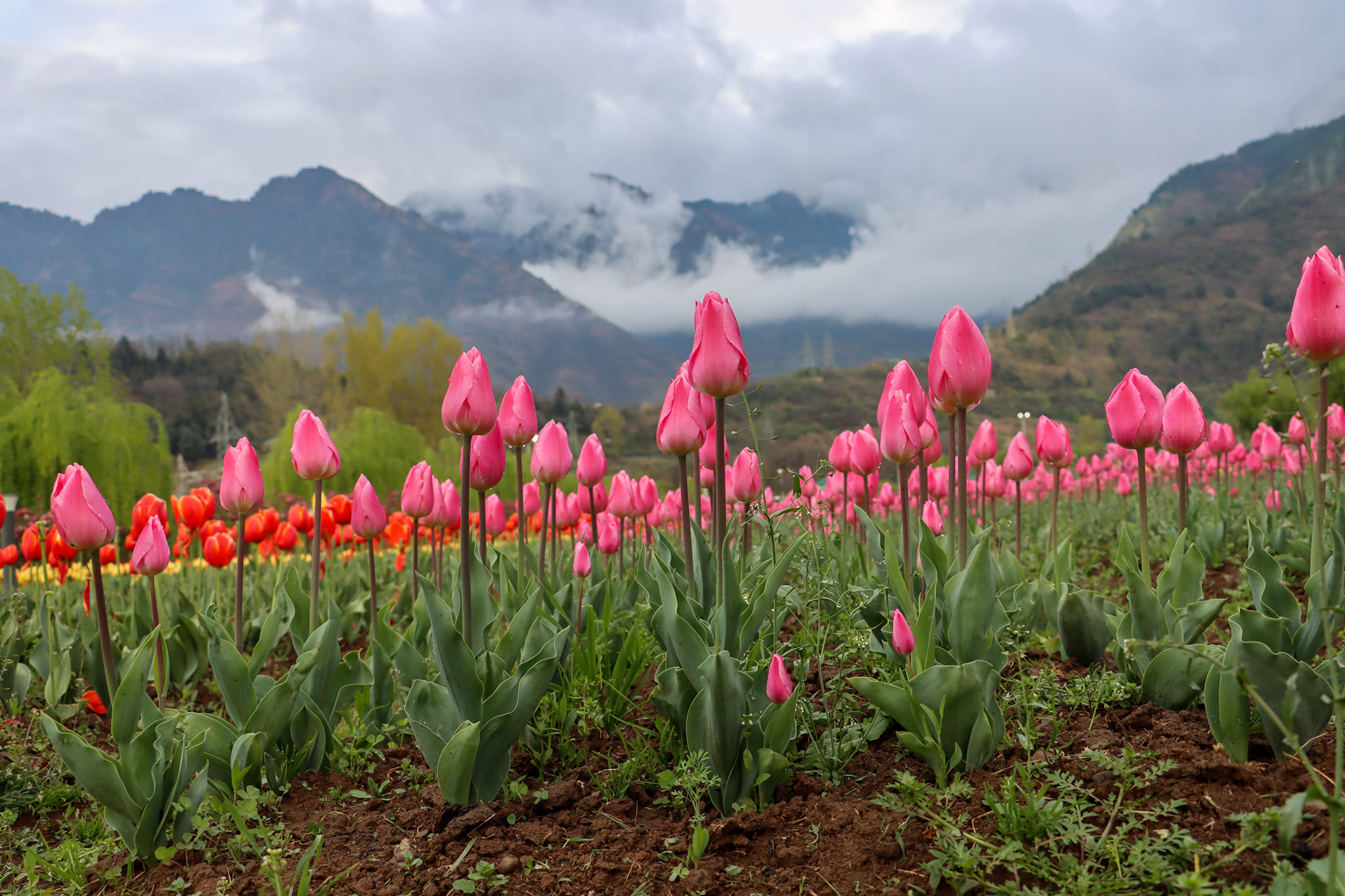The demand for flowers from Jammu and Kashmir is transcending international boundaries. The government is taking various initiatives to seize opportunities and overcome obstacles as the region’s floriculture industry strives to make its mark in the competitive global marketplace.
By Mool Raj
The floriculture industry in the picturesque region of Jammu and Kashmir stands poised on the brink of transforming into a significant economic powerhouse, capable of not only providing substantial employment opportunities but also elevating local trade. Endowed with a diverse climate and topographical richness, the region presents an ideal environment for the cultivation of an extensive array of flowers, ranging from the exquisite roses and vibrant tulips to the elegant lilies. Recent trends indicate a burgeoning demand for flowers, both domestically and on the international stage, rendering the floriculture sector an immensely lucrative investment prospect. The multifaceted utility of flowers, extending beyond mere ornamentation to encompass medicinal and cosmetic applications, further amplifies their desirability.

Recognizing the latent potential within the floriculture sector, the government of Jammu and Kashmir has undertaken proactive measures to catalyze its growth. Initiatives such as subsidies for the procurement of seeds and saplings, coupled with technical training programs for farmers, underscore the government’s commitment to nurturing the industry. Additionally, the establishment of flower auctions and markets serves as a pivotal platform for farmers to directly vend their produce to eager buyers.
Notwithstanding the promising prospects, the floriculture industry in Jammu and Kashmir confronts significant impediments. Chief among these challenges is the dearth of adequate infrastructure and facilities, with many farmers reliant on traditional cultivation methods and lacking access to modern equipment and technology. A strategic imperative for the sustained prosperity of the industry is the government’s investment in comprehensive infrastructure development, encompassing the construction of roads and provision of electricity to remote areas.
The floriculture industry in Jammu and Kashmir harbors a promising future. With judicious support and investment, it possesses the potential to emerge as a pivotal contributor to the local economy, assuming a central role in the global flower market.
An additional obstacle hindering the industry’s growth pertains to the deficiency in effective marketing and branding strategies. Numerous farmers find themselves unable to penetrate wider markets or command premium prices for their products. To surmount this hurdle, the government must actively promote the formation of cooperative societies and marketing organizations, instrumental in assisting farmers in promoting and selling their products.

Despite these challenges, the floriculture industry in Jammu and Kashmir harbors a promising future. With judicious support and investment, it possesses the potential to emerge as a pivotal contributor to the local economy, assuming a central role in the global flower market. To realize this latent potential, it is imperative for the government to sustain its support for the industry, concurrently encouraging farmers to embrace modern techniques and technologies. A proactive approach, coupled with strategic investments, can catalyze the flourishing of the floriculture industry in Jammu and Kashmir, ushering in an era of prosperity for the region. In tandem with these efforts, government-backed research and development initiatives focused on refining cultivation techniques and introducing new flower varieties suited to local climates are integral. Simultaneously, the promotion and establishment of cooperative societies and marketing organizations can serve as conduits for farmers to broaden their market reach and secure elevated prices for their floral produce.

Leave a Reply